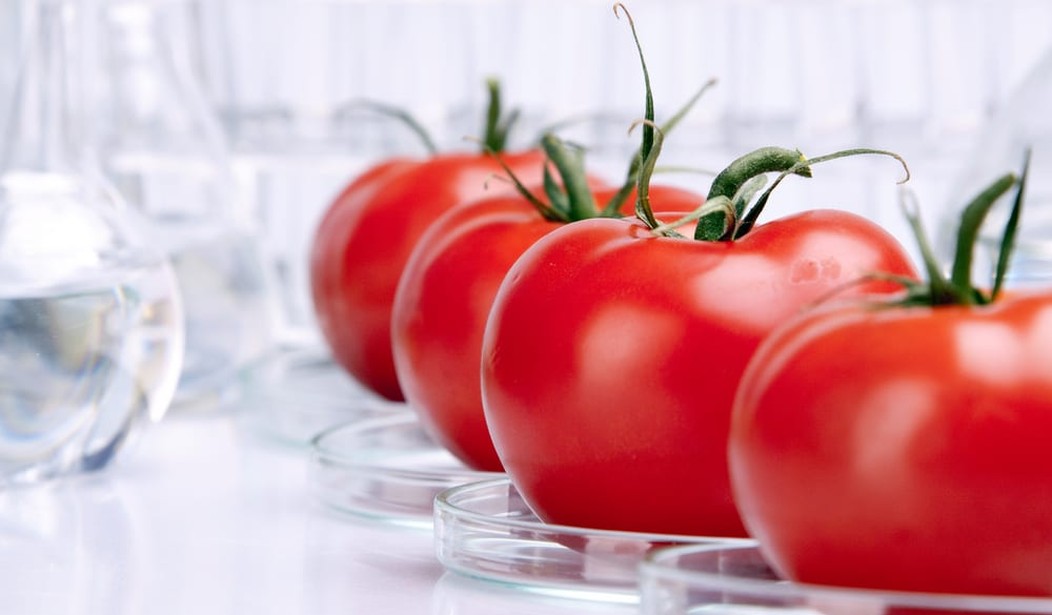Humans have been contemplating populating other planets and moons for a very long time. With space travel technology improving the way it has in recent years, the possibility that people could one day live on Mars or the moon is seeming more and more likely. But what happens when we get there?
Currently, when astronauts travel to space, they bring most of their nourishment with them. But if large numbers of people are to actually spend any significant amount of time away from Earth, it would be completely impractical to lug along everything they intend to eat while there.
Enter plant physiologists in Germany who are attempting to solve this problem. But how they hope to solve it might make some of us cringe. Jens Hauslage, who works for the German space agency DLR, has been experimenting with new ways to grow tomatoes, using materials that one would easily have access to in outer space. Materials such as urine.
BBC reports:
But what if you could use the useful salts in astronaut urine to grow food? If humans are ever to live for long periods on the Moon or Mars, they will need a self-sustaining food supply. “You will need more than protein bars,” says Hauslage.
“The Earth is a closed biological system with plants producing oxygen and food, then you have the animals and the microbes to produce all the degradation processes in the soil,” he says. “Without these systems, no sustainable long-term life-support system will be viable.”
For Hauslage’s experimental purposes, most of the urine being used is artificial so that the scientists can control its contents to determine exactly what works best. But eventually, the plan is to test this using the real thing in space.
Having developed the technology in the lab, the DLR science team is now taking it into orbit. Later this year, the space agency will launch its Eu:cropis mission (the acronym stands, somewhat tortuously, for Euglena and Combined Regenerative Organic Food Production in Space), a metre-wide cylindrical satellite containing two miniature greenhouses.
If the mission is a success, it could very well mean that we have a means of growing food in the event that we colonize another world.
Nevertheless, it is likely that nothing in a future colony on the Moon or Mars will be thrown away – everything will need to be recycled. And feeding dozens of colonists on a remote world is going to prove a challenge.
“You need a lot of calories, so you have to produce a lot of potatoes, cucumbers, tomatoes and so on and you need protein and fat,” says Hauslage. The latter food group is a particular challenge, but his team is already on the case: “We’ve also got an experiment producing fat with algae solution using our urine water.”









Join the conversation as a VIP Member